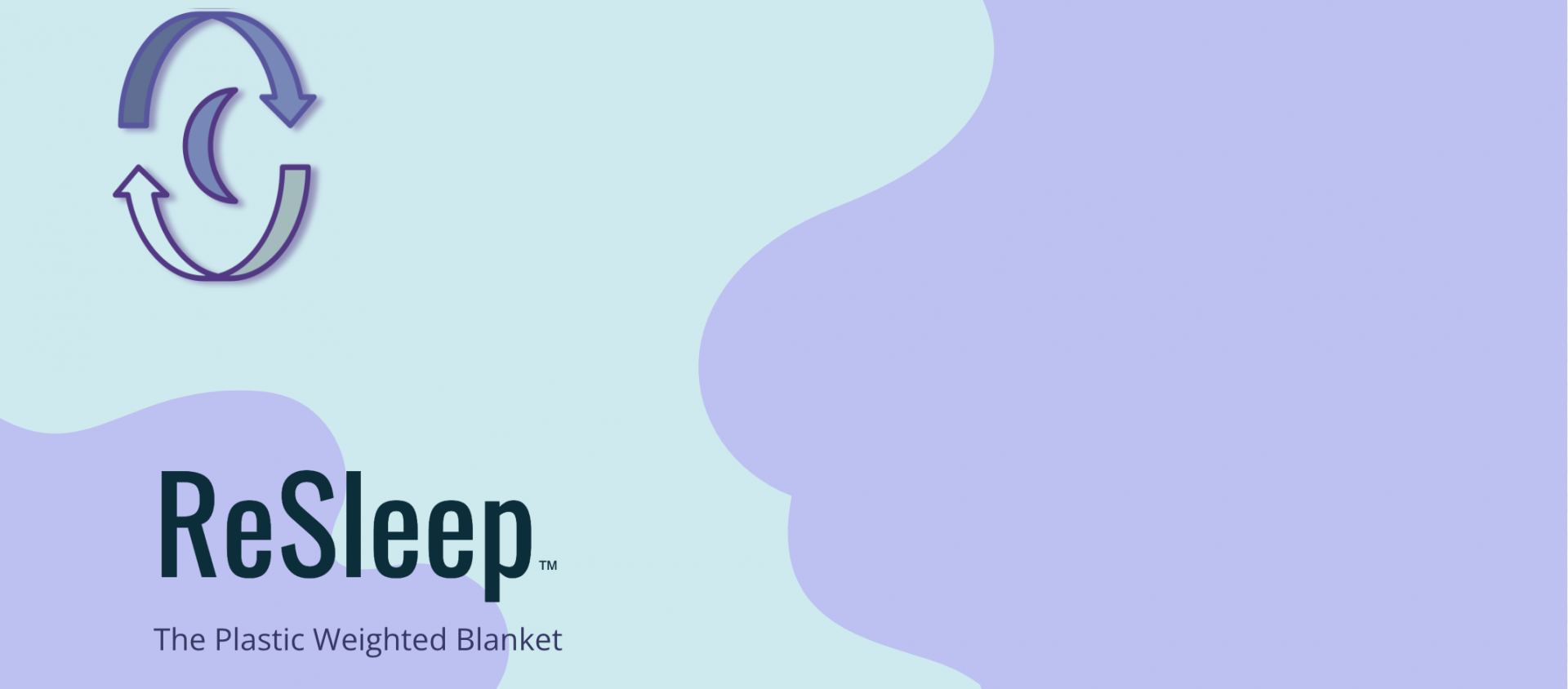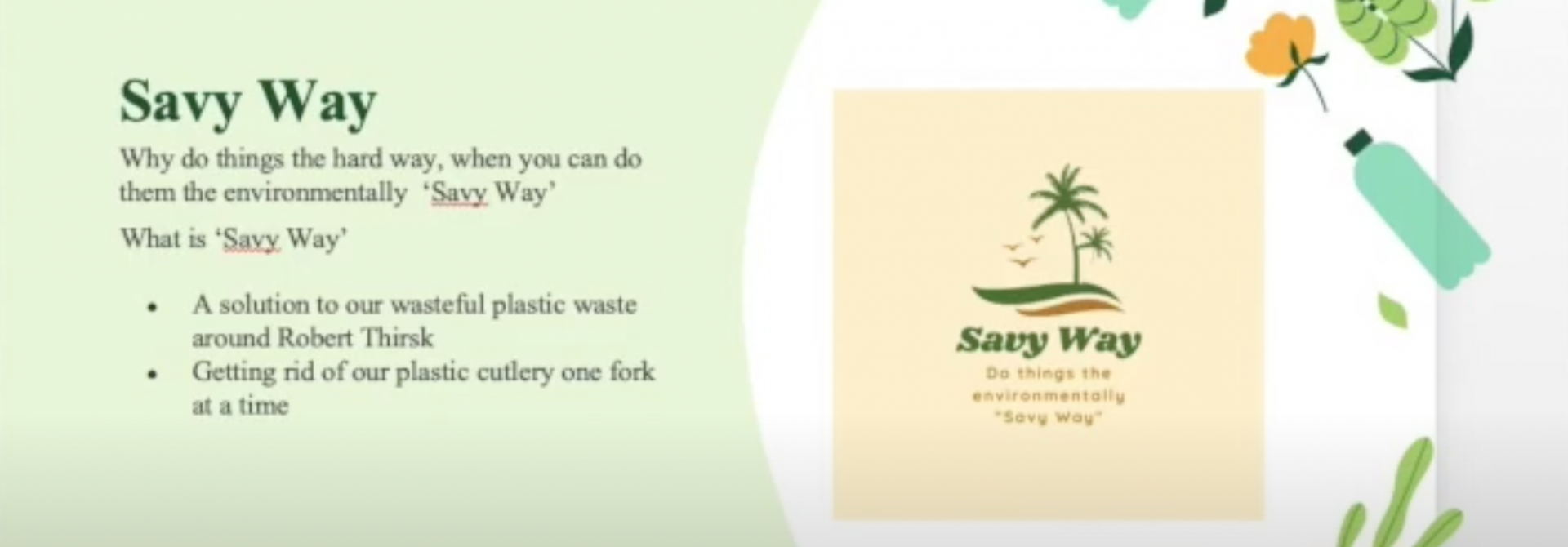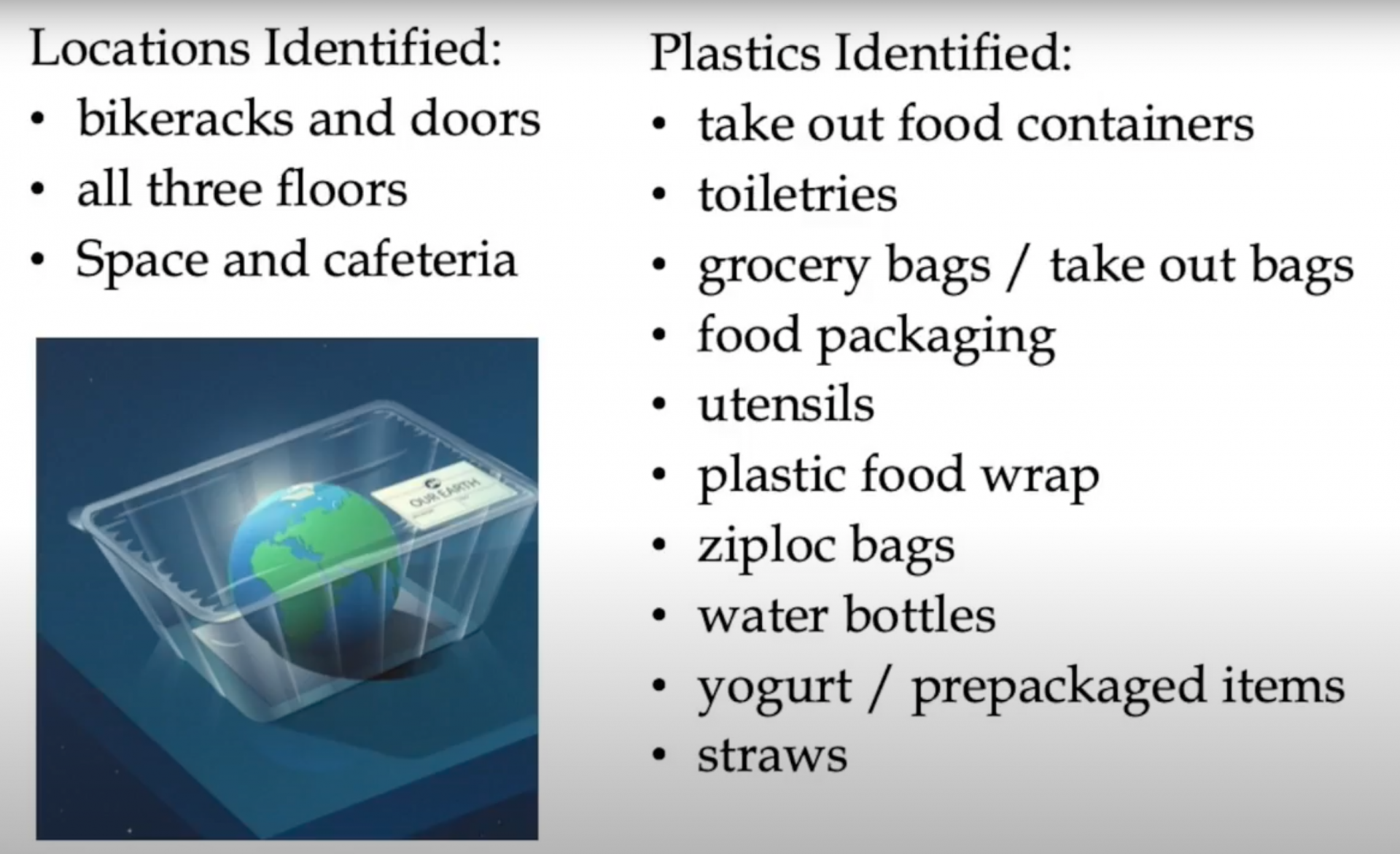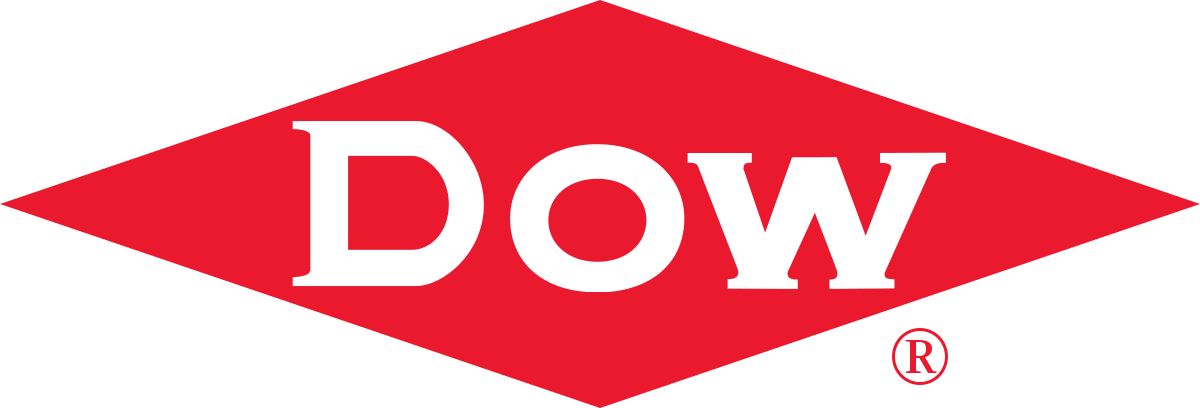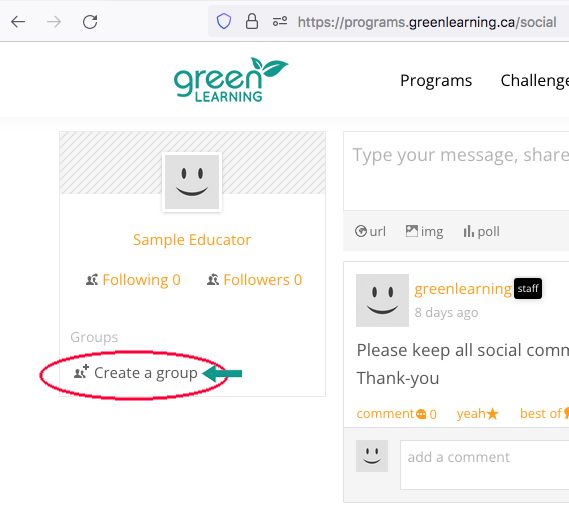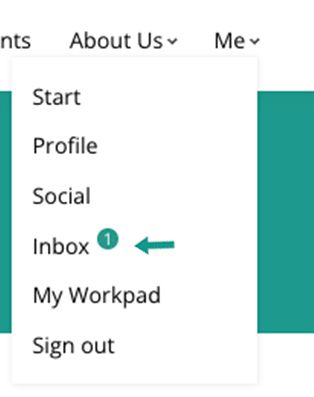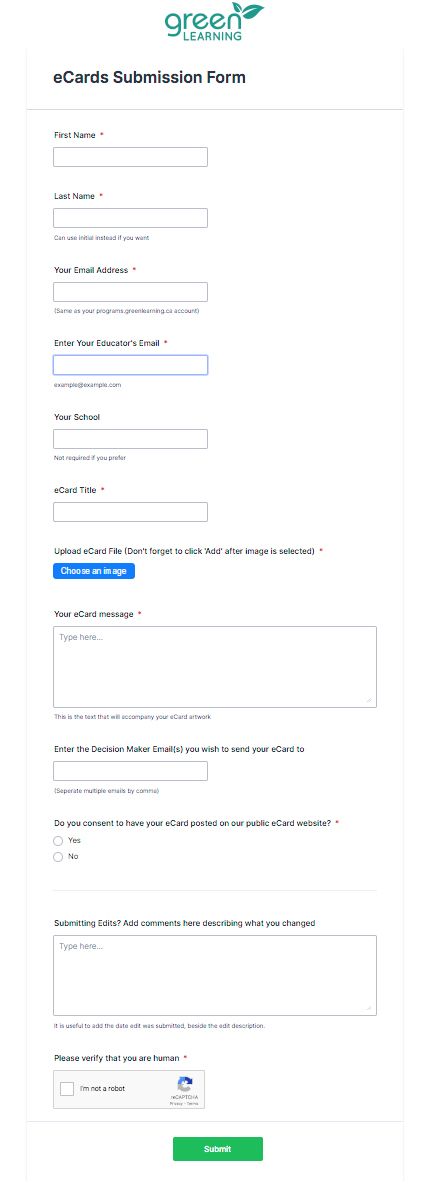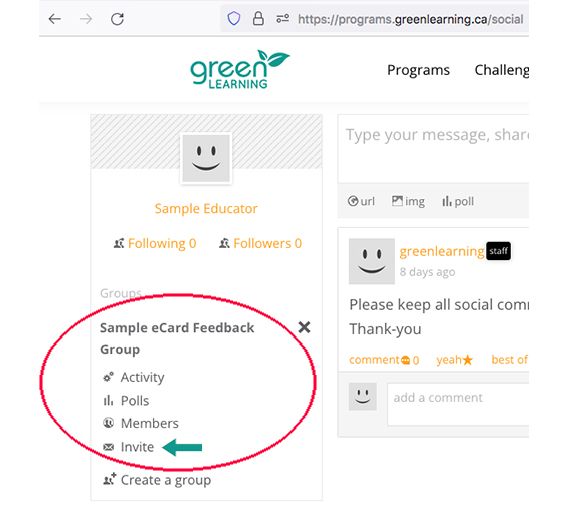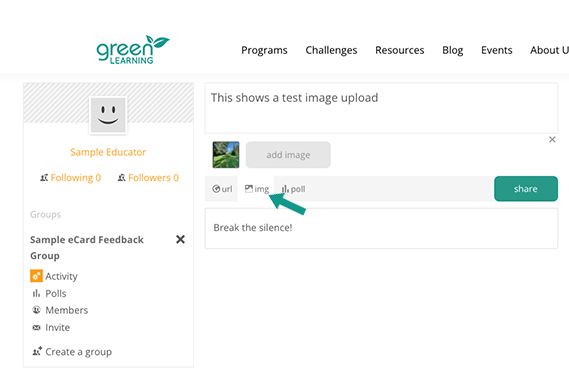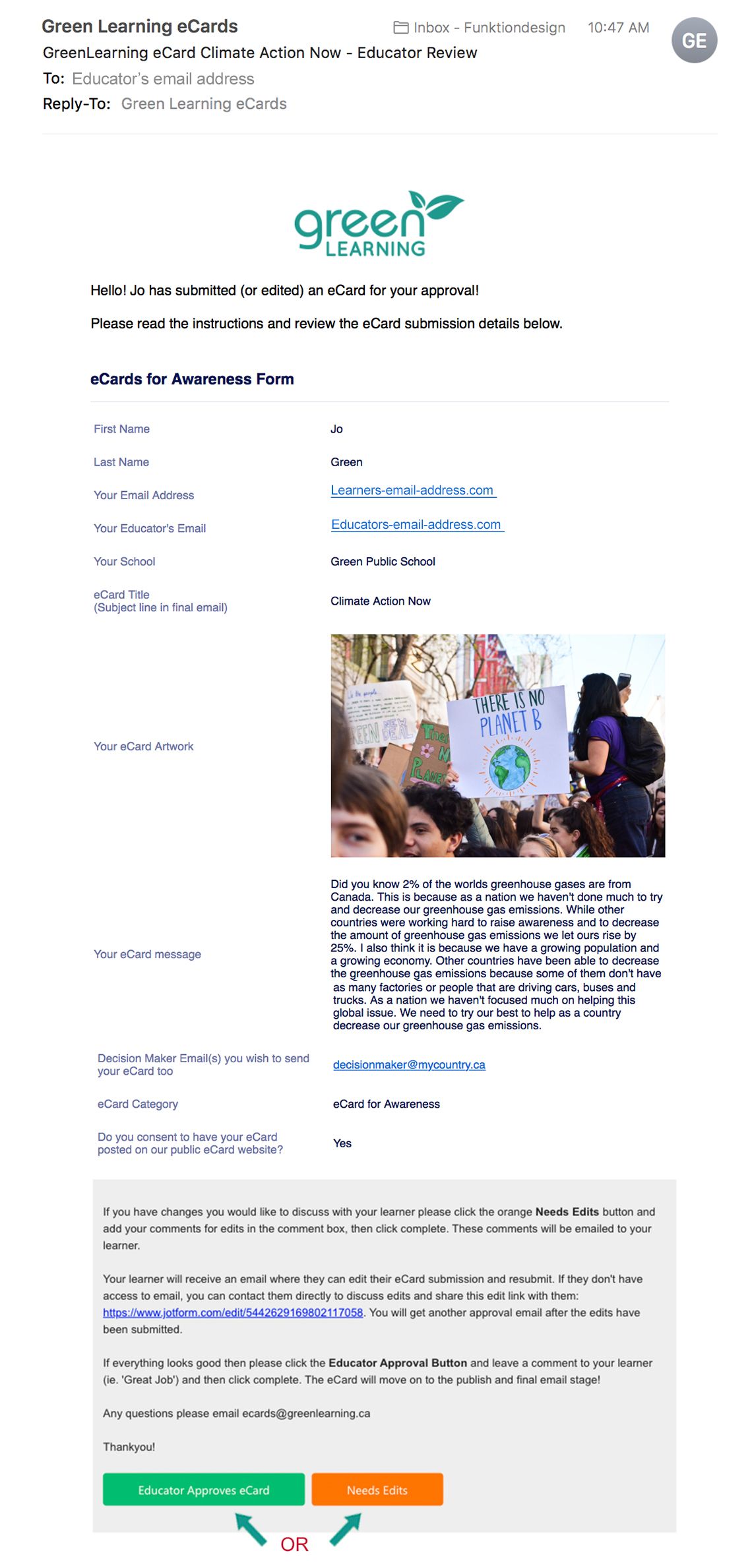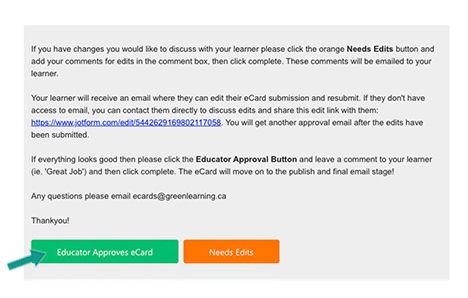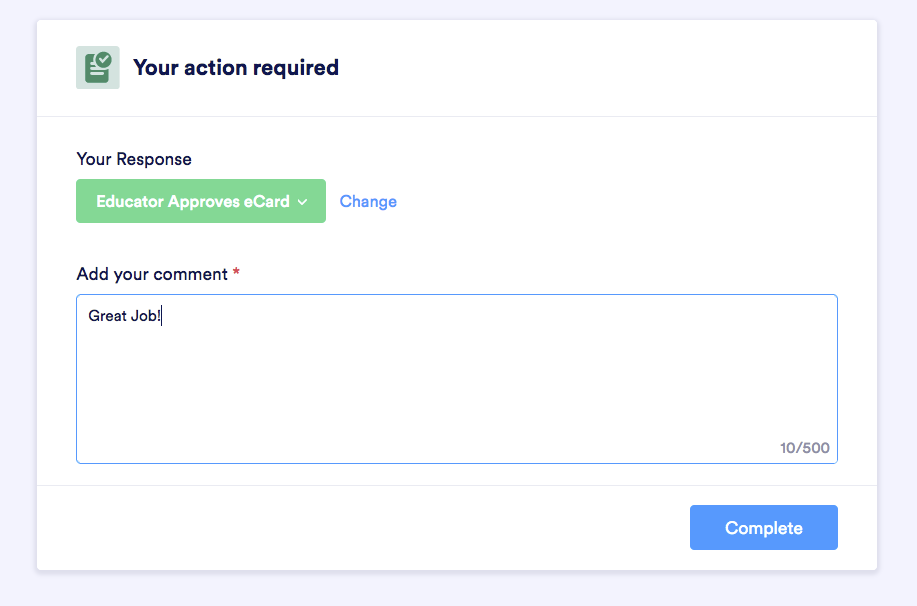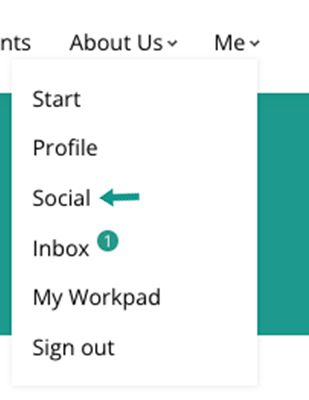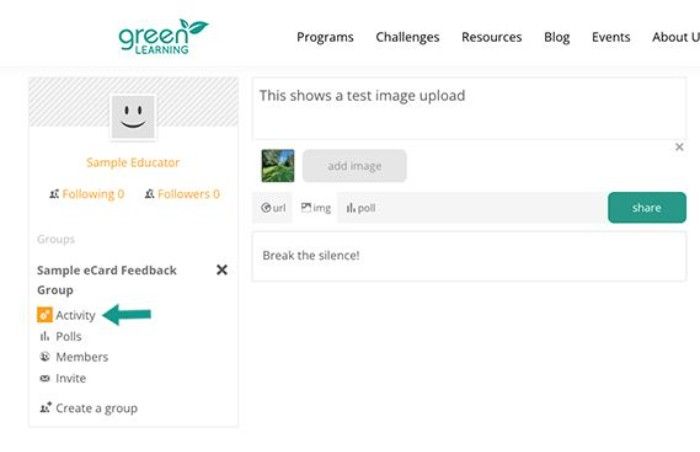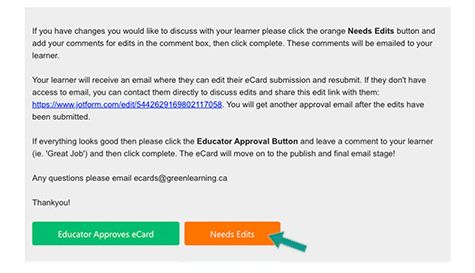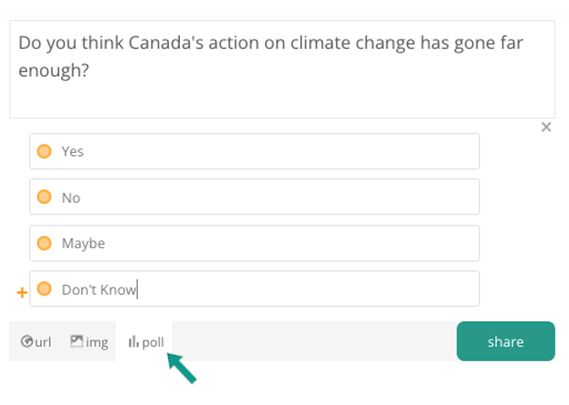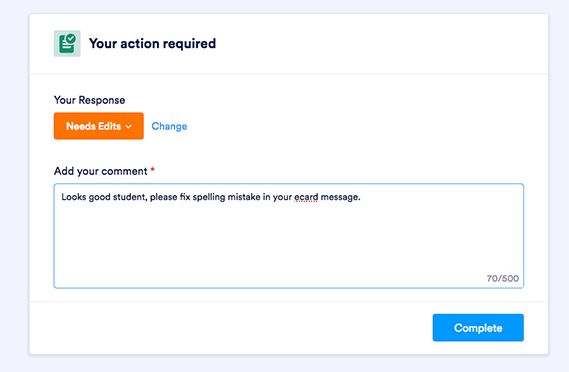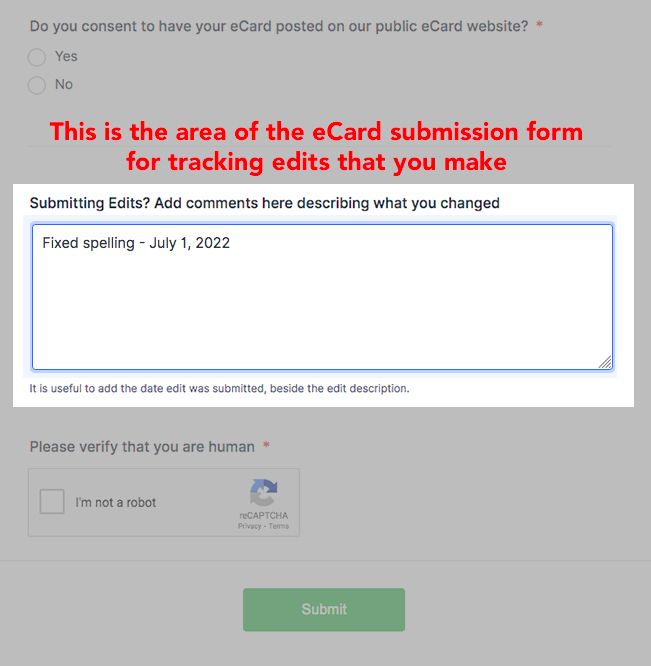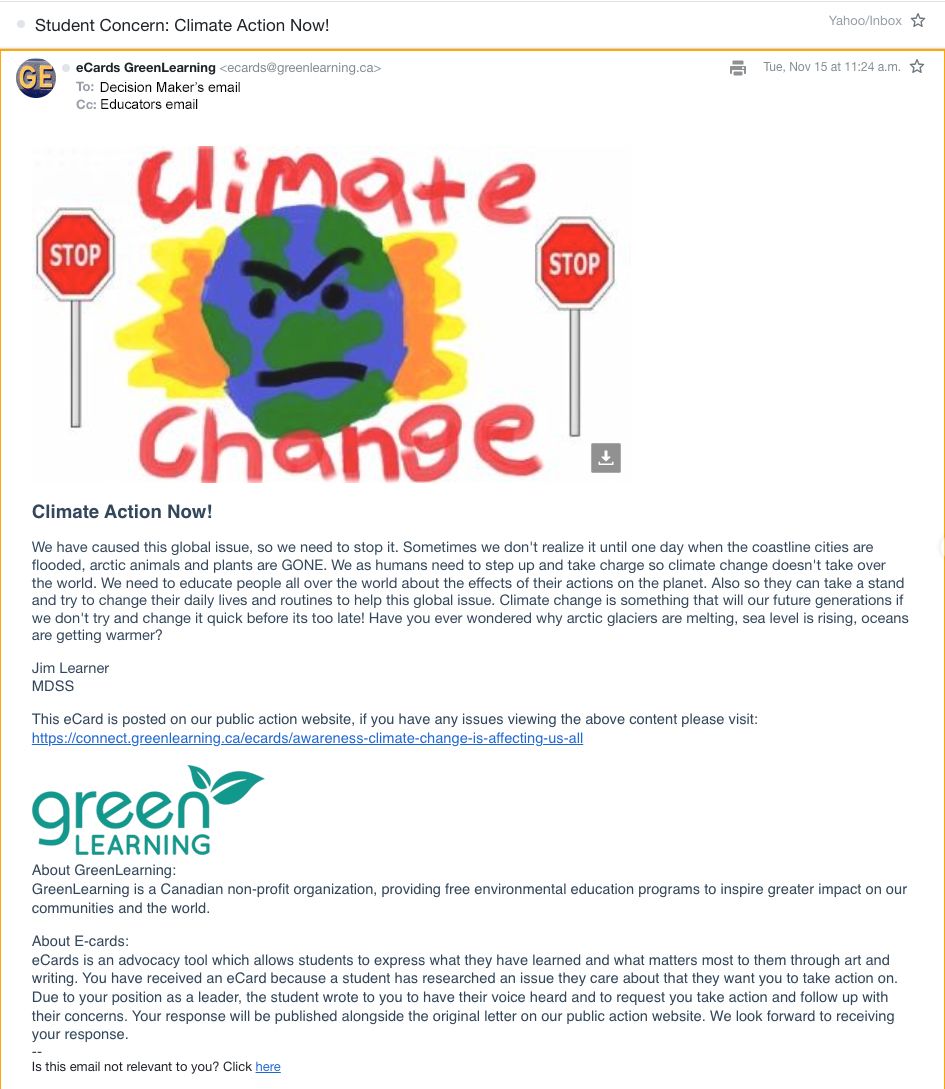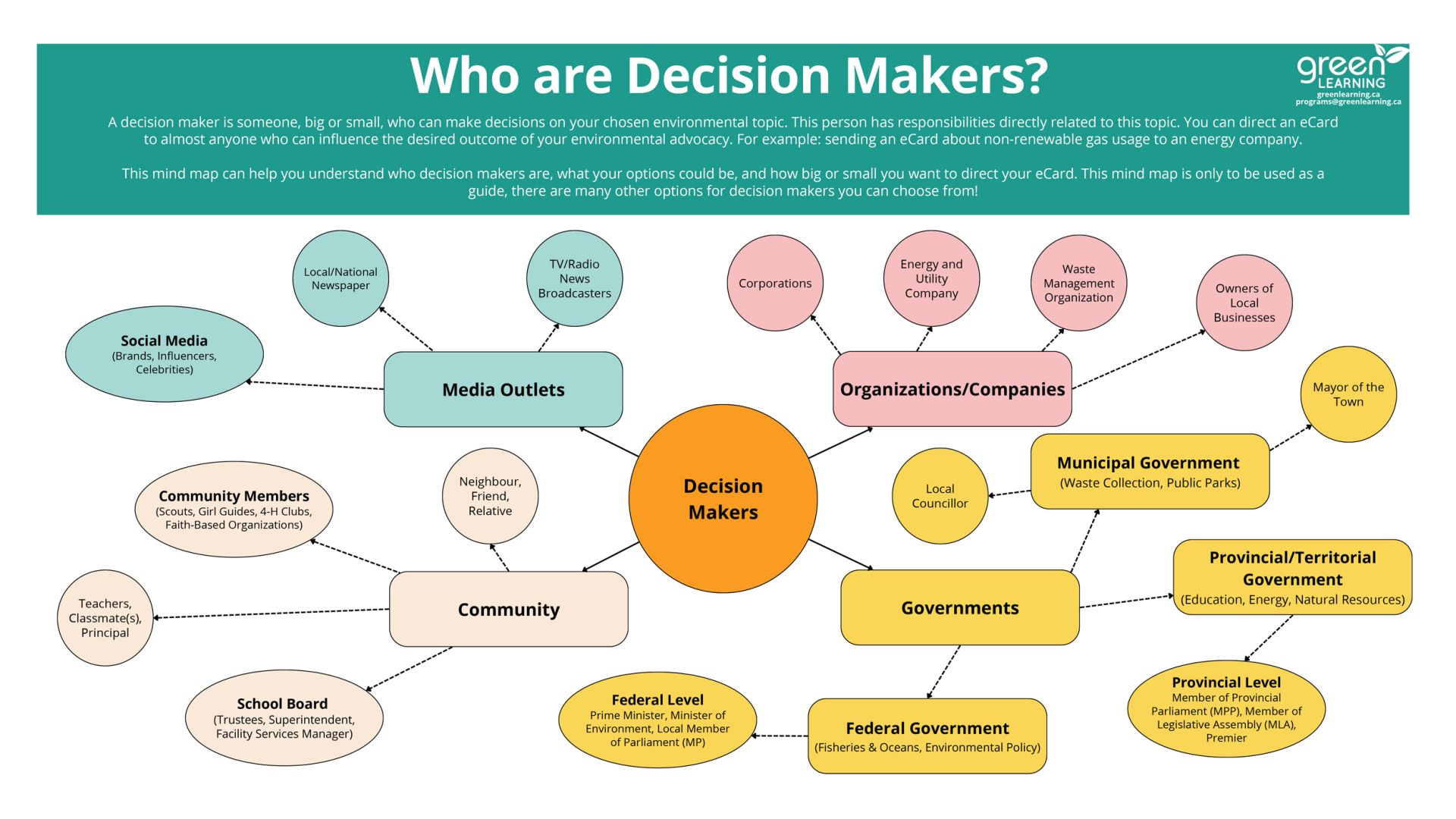2022 Eco 360 Challenge Showcase
Transitioning to a circular economy for plastic waste.
Participating Schools

Kg of Potential Plastic Waste Diverted Per Year
The Eco 360 Challenge
This challenge tasks learners with proposing an innovative solution to the problem of plastic waste in our environment. Through the activities and lessons in the Eco 360 Program, learners will explore how a circular economic model can be applied to create a more sustainable future for plastics.
Recycle and WinBelieving student actions have the power to make an impact on their school plastic waste footprint, this solution proposes to give incentives for students to recycle items beyond the standard blue and green bins. The group would promote their initiative throughout the school and provide incentives, such as field trips to local recycling facilities and pizza lunches for students who participate.
Remake Studio Interested in the skills needed to lead a less wasteful life, this solution proposes creating a school class or club that refurbishes broken and unused items. Students would learn how to repair, rebuild or reuse various common items that could be sold at seasonal auctions. The money raised would go towards recycling campaign events for students and educational field trips.
Homeroom Face-offRecognizing the power of group behaviour change, this solution proposes creating a digital game where students can earn points towards a homeroom competition for logging their sustainable plastic habits. Actions such as washing out containers before recycling them and using reusable containers can get students closer to earning a pizza and dessert party at the end of the year.
iCycleConcerned with the turnover rate of electronic devices, such as laptops and cell phones, this solution proposes hosting a used and broken electronics drive. Students returning devices for the drive would be entered to choose a prize that could help make the school more sustainable, such as inviting in a guest speaker or touring a recycling facility.
Holding Businesses Accountable
Disappointed with a lack of sustainable consumer options, this solution proposes a two-fold campaign. First, they would evaluate local businesses and make suggestions on how they could improve their plastic practices and offer more sustainable take-out and product options. Second, they would have students petition these businesses, demanding changes. They would use social medias, such as tik tok, to create content that educates students on consumer choices.
CleanUp Crew
Knowing youth already care about recycling and the environment, this solution proposes ways for students to get involved in hands-on work relating to plastic clean up. They plan to host an educational campaign with school assemblies, promotional posters and social media to to promote the rate and issues of plastic waste in our environment. They would then provide opportunities, through school clubs, nature leadership programs and conservation associations, for students to get involved in reducing plastic waste in their local environment.
Eco 360 In Action
Celebrating the many different ways learners and educators from across Canada were engaged in creating a circular economy for plastics through GreenLearning's Eco 360 Program.
Interactive, Virtual Learning
GreenLearning facilitated curriculum-connected classroom workshops that engaged and inspired students from across the world to think creatively about creating a circular economy for plastic waste. Click below to watch (or bookmark) an Eco 360 classroom workshop for grades 9-12.
What are students and teachers saying?
"Some of the ideas we came up with were pretty cool and it actually felt like we could have an impact for once. Usually people think more like "there's a problem but there's no way that I could just fix it myself it's too big"
Grade 10 Student Participant
"It helped me have more knowledge about how important we should talk more about consuming plastics and how it effects our society, I found that this event helped me to understand that taking action and better communication to our society would provide a benefit for all of us."
GRADE 9 STUDENT PARTICIPANT
"All information presented can be applied to any Canadian Geography or Environmental Classes being offered at the Secondary level"
SECONDARY TEACHER, ONTARIO

